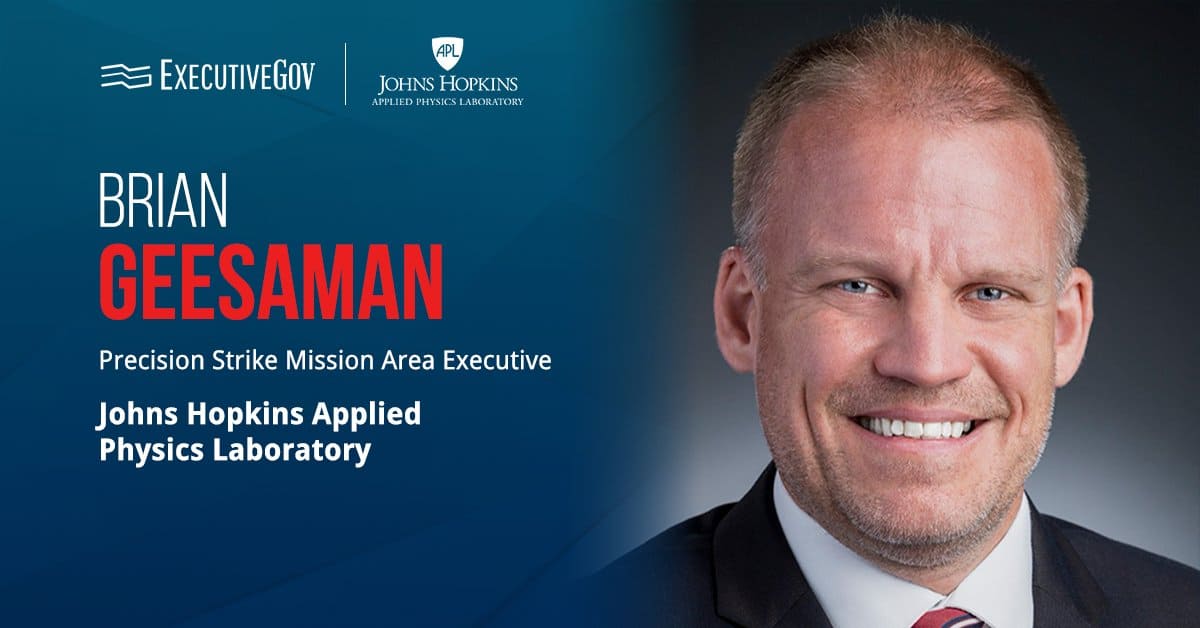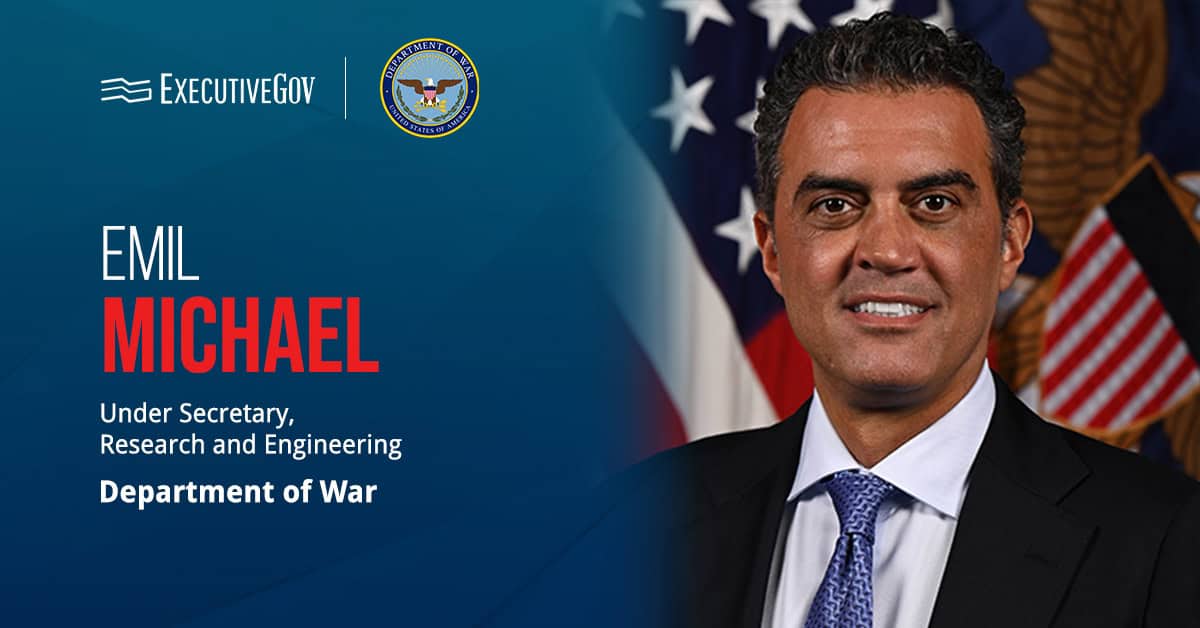The Department of Homeland Security is looking for companies that can develop a cloud-based platform for sharing sensitive-but-unclassified homeland defense data between government, international and private sector members.
DHS plans to use a new information and communication technology system to replace its existing Homeland Security Information Network system, according to sources sought notice published on SAM.gov.
According to a draft statement of objectives, the envisioned HSIN Phoenix must feature shared services, human-centered design, zero trust cybersecurity architecture, DevSecOps, Agile methodologies and other capabilities.
DHS explained that the new system would address problems caused by the existing platform being complex, costly and not optimized for cloud and mobile features.
The agency will accept responses to its notice until April 25th.





